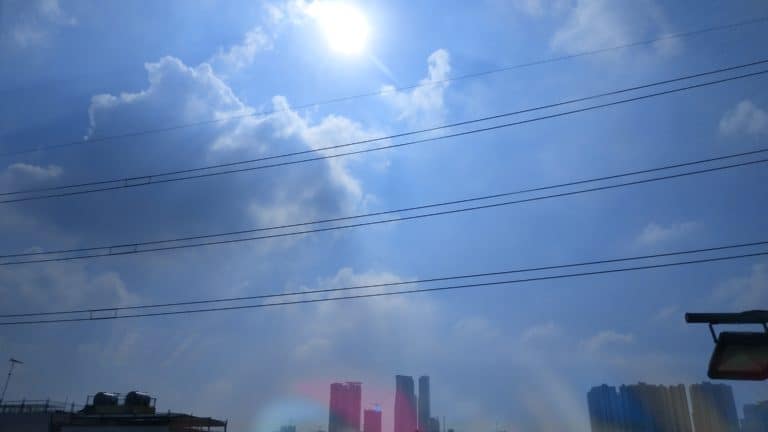
The Pennsylvania Resources Council wants to establish a permanent Center for Hard to Recycle Materials (CHaRM) in Allegheny County by 2030. The nonprofit conservation organization commissioned a plan to create a CHaRM facility that would accept not only aluminum, paper and glass, but also hard-to-recycle waste such as electronics, tires, Styrofoam and household chemicals. The council expects the facility could serve 200 people a day year-round within its first five years of operation, recycling about 3 million pounds of materials annually — nearly five times what the organization currently gathers during its existing half-day collection events.
“Our current system of one-day collection events is a vital service, but we’re only serving about 1 percent of county residents,” PRC deputy director Sarah Alessio Shea said. “We're hoping that food waste can [eventually] be a part of that as a drop-off. We do a lot of educational programming on backyard composting and installing rain barrels.

Having a location where people can go and get educated, [we hope] that there could be more facets to it than just the collection of materials.” She expects a facility could cost $2 million to build from the ground up — not including a land purchase — and that retrofitting a space could cost roughly $6 million. PRC has been working with Allegheny County for decades and has been contracted to collect waste with the City of Pittsburgh as well.
Shea explained PRC's plan aligns with regional waste diversion, climate, and sustainability initiatives, including the Allegheny County Solid Waste Plan , the City of Pittsburgh’s Roadmap to Zero Waste , and Southwest PA Commission’s Climate Pollution Reduction Plan . Shea said her organization is currently working with Allegheny County to apply for federal solid waste infrastructure grants to move the project forward. PRC is also collecting letters of support from residents, organizations, and government entities.
“We're mostly looking to utilize that as a way to keep people updated on our progress,” Shae said. “As well as to show that it's not just PRC who thinks this is important, that there is a large interest in the community, that this is a value.”.














